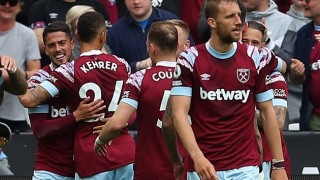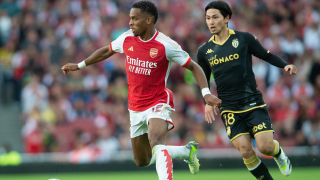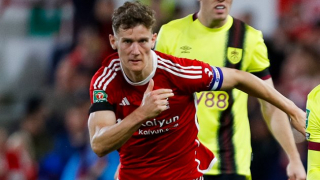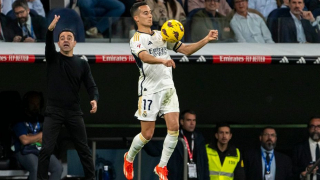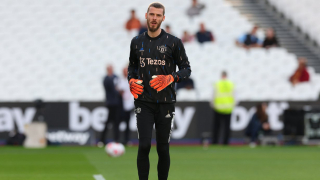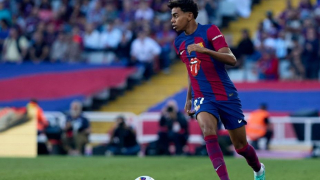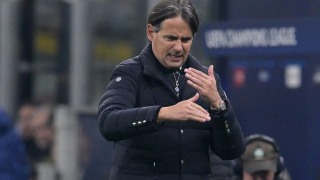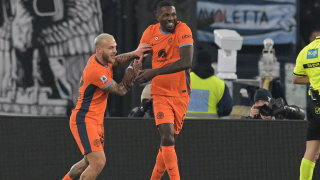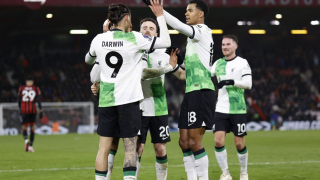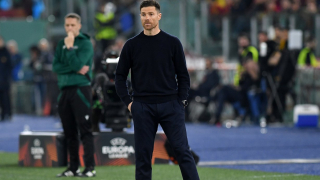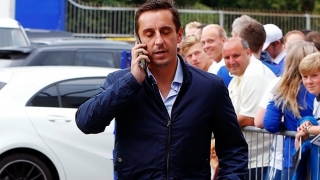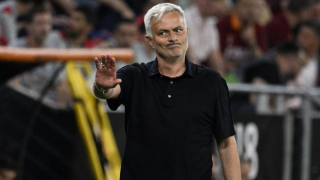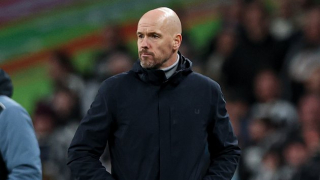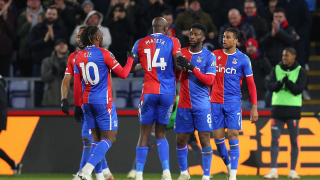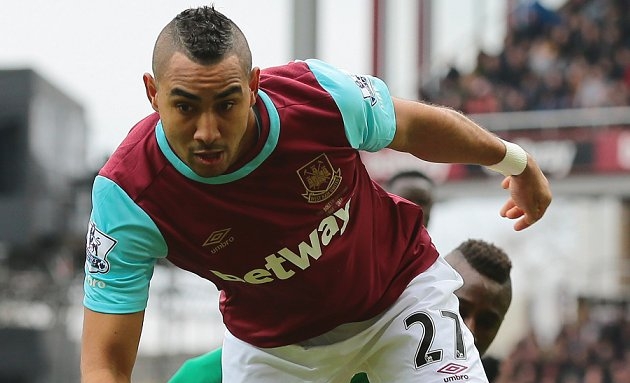West Ham United had a certain swagger about them last term which they failed to bring to the London Stadium at the start of the season.
A move to a new stadium is never easy, neither for the fans nor the players – Arsenal's Highbury exit is solid proof of that fact.
But still, West Ham's nosedive down the table goes beyond injuries and a change of ground; it's seemingly an aftershock of the transition from being a long-ball team to an attacking side dependant of the performances of one man thus, leaving foibles elsewhere unattended to.
London's culture club were predominantly a long-ball side for the better part of Sam Allardyce's reign in the East of the capital.
Cast your mind back to 2011; Big Sam had just arrived at Upton Park with a view to helping West Ham secure immediate promotion back to the top-flight following Avram Grant's inability to keep the team afloat in the previous season.
Allardyce vowed to play free-flowing football during his promotion push, but instead, he continued his advocacy of a long-ball system which was built around a well-drilled defence and the 6foot 3inch striker, Carlton Cole, along with Kevin Nolan, who Big Sam signed in his first season as helmsman.
He was maligned for it in the beginning, but soon the Hammers faithful had come to terms with the 'anti-football' style as Allardyce led the Irons to an immediate promotion that played a massive role in erasing the poignant memories of Grant's tenure.
From then on, West Ham garnered a reputation as a decent long-ball side who managed to steer clear of the occasional relegation battle.
Big Sam left the Hammers in 2015 on 'mutual' terms asserting: "I didn't want to stay. I suppose you could say it was mutual if they didn't want me to stay either."
It marked the end of an era, with a new one kicking off soon after - the advent of club icon Slaven Bilic.
Along Came Bilic
Bilic, a familiar face, had come with an ideology that took the Premier League unawares.
He made some painstaking moves in his early days as gaffer bringing in Dimitri Payet for a bargain fee of £10.7million and signing Manuel Lanzini on a one-year loan deal from Al Jazira.
Bilic knew he had acquired players capable of turning his idea into a reality, but little did he know that he had just signed the most important double-act in his managerial career.
From the opening day fixture against Arsenal, Payet was clearly West Ham's catalyst.
He had introduced a fancy style of play which seemed to be at the acme of previous attacking variations that had been seen over the years.
But Lanzini's emergence as a sub-catalyst came later in the season, in a 3-0 away win over Liverpool at Anfield, a game which saw the Argentine forward bag his first league goal. That proved to be the first verification of West Ham's evolution into an attacking side.
The second piece of evidence to back that claim came in a 3-3 draw against Arsenal, a game which featured a Zinedine Zidane-esque performance from Payet.
Payet's performance on the day could be likened to Zidane's showing against Brazil in the 1998 World Cup final where the French maestro seemingly used the Brazilians' skills against them, pulling off various tricks and flicks to wind up the opposition.
West Ham's system with Payet being the quintessence of an exciting player could be said to have been peripatetic, but does their current style of play fall into any category?
The Reality of West Ham's Conundrum
West Ham finishing 7th last season was by their own design, in a similar vein as Leicester City clinching the title.
Just as Riyad Mahrez and Jamie Vardy took the league by storm, Payet and Lanzini did the same.
Perhaps West Ham finished in the top half for the same reason that Leicester won it – the usual mainstays were off their game.
Nobody expected Leicester to finish in the top four going into the 2016/17 season let alone retain their title; that wasn't the case for West Ham at the start of the season, though.
They were tipped to have another strong season, but it's fair to say expectations doomed their campaign before match day one.
As mid-table clubs have proved time and time again, one good season doesn't mean a change in proceedings, yet Bilic bought into the supporters' beliefs and put together a squad supposed to challenge for the Europa League and a top-six finish.
New stadium, new era, new ambitions, right? What could go wrong? Bilic is likely to have opined.
Well, as the Premier League has continuously proven, things don't always add up and it's Bilic's mistake for losing touch with reality.
The sui generis nature of West Ham's quandary is beyond Payet - things hadn't changed last season - that was just the first stage of evolution for the Hammers, failure to realise that is what started West Ham's woes in the first place.
Unlike other leagues, growth in the English top flight is constant; it's something that can't be fully embraced until its actual denouement – Everton is an epitome of this.
West Ham's recent wins have been anything but convincing, except maybe the 4-1 result over Swansea City on Boxing Day, but even that can be attributed to the fact that the Swans were in a dysfunctional state.
The vagaries of West Ham are somewhat linked with Payet. Perhaps if he had maintained consistency and stayed fit, West Ham may have enjoyed a smoother transition.
Payet's dip in form played a key role in West Ham's fall to the lower echelons of the league.
It's evident that Bilic didn't have a plan B at the start of the season in the wake of France star Payet's short absence after Euro2016.
The Croatian tactician's summer acquisitions were mere squad-fillers meant to create the illusion of a non-existent strength in depth.
West Ham tried to evolve too soon, and it has backfired in more ways than one.
The 5-1 thrashing against Arsenal in early December proved to be a rude awakening for Bilic's side; it has seemingly dawned on them that they're not too good to go down.
Payet's lack of enthusiasm comes with a lot of uncertainty, and the one thing you need not have in a relegation scrap is uncertainty.
Payet was West Ham's identity last season, their top scorer, their main catalyst and the technical leader. All he needed was a few touches of the ball, and he'd get the crowd going.
We've not seen much of that since the 1-1 draw against Middlesbrough where he went past six players to score a worldie.
Billic should have taken a page out of Lucien Favre's playbook when last season Nice finished 4th in France's Ligue 1 with Hatem Ben Arfa basically carrying the team on his shoulders, but the Frenchman's move to PSG didn't stop them from taking their success a step further.
They now sit alongside Chelsea as Europe's in-form side, after some wise transfers and some much-needed tactical reshuffling. It's fair to say Nice approached the new season with some much-needed acumen.
Right now, Slaven Bilic needs to be assiduous in his approach ahead of the winter transfer window.
Bilic needs to give the Hammers an identity that can be associated with his reign, and not one that depends on a single player, but one that actually engenders his outlook on the beautiful game and resonates with the West Ham faithful.

